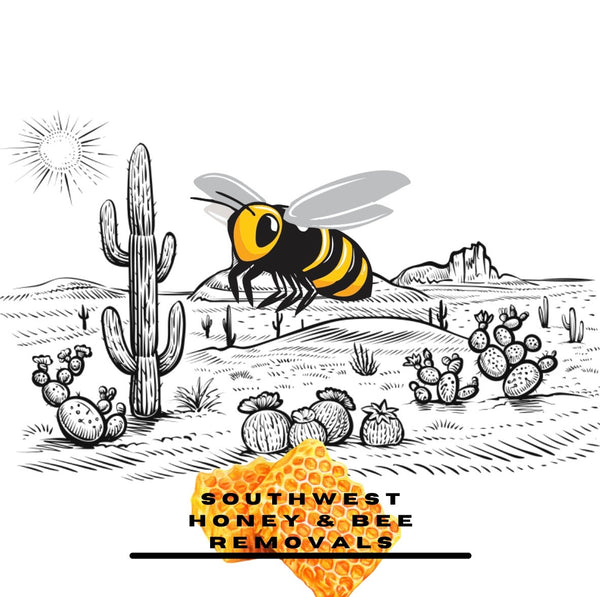Honey bees are not just buzzing insects that produce honey. They play a vital role in our ecosystem and have a significant impact on our daily lives. From pollinating crops to providing us with honey and beeswax, honey bees are essential for the well-being of both humans and the environment.
Why are honey bees important for pollination?
Pollination is the process of transferring pollen from the male part of a flower to the female part, which leads to fertilization and the production of seeds. Honey bees are one of the most effective pollinators, as they visit flowers in search of nectar and inadvertently transfer pollen from one flower to another. This process is crucial for the reproduction of many plants, including fruits, vegetables, and nuts.
What percentage of crops rely on honey bee pollination?
According to the U.S. Department of Agriculture, honey bees are responsible for pollinating approximately 80% of flowering crops. This includes fruits like apples, strawberries, and blueberries, as well as vegetables like cucumbers, squash, and tomatoes. Without honey bees, the production of these crops would be significantly reduced, leading to higher prices and limited availability.
How do honey bees contribute to biodiversity?
Honey bees not only play a crucial role in pollination but also contribute to the overall biodiversity of our planet. By pollinating a wide variety of plants, they help maintain diverse ecosystems and support the survival of other wildlife. Many animals rely on the fruits, seeds, and nectar produced by plants that are pollinated by honey bees.
What other products do honey bees provide?
In addition to pollination, honey bees provide us with valuable products that have numerous uses. Honey, a natural sweetener, is not only delicious but also has antimicrobial properties and can be used as a natural remedy for various ailments. Beeswax, another product of honey bees, is used in cosmetics, candles, and even as a coating for cheese.
Are honey bees facing any threats?
Unfortunately, honey bees are facing numerous threats that are impacting their populations. Pesticides, habitat loss, climate change, and diseases are among the major challenges honey bees are currently facing. These threats not only endanger honey bees but also have significant implications for our food security and the health of our ecosystems.
What can we do to protect honey bees?
There are several actions we can take to protect honey bees and ensure their survival. Planting bee-friendly flowers and avoiding the use of pesticides in our gardens are simple steps we can all take. Supporting local beekeepers and buying honey from sustainable sources also helps promote the well-being of honey bees. Additionally, raising awareness about the importance of honey bees and advocating for policies that protect them can make a significant difference.
In conclusion, honey bees are not just insects buzzing around. They are essential for pollination, biodiversity, and the production of valuable products. By understanding their value and taking action to protect them, we can ensure a sustainable future for both honey bees and ourselves.

